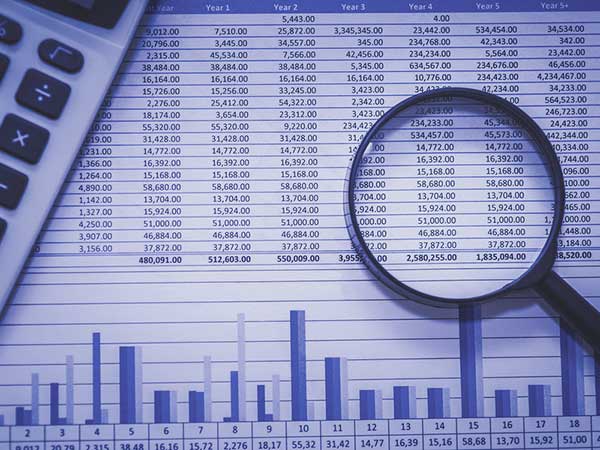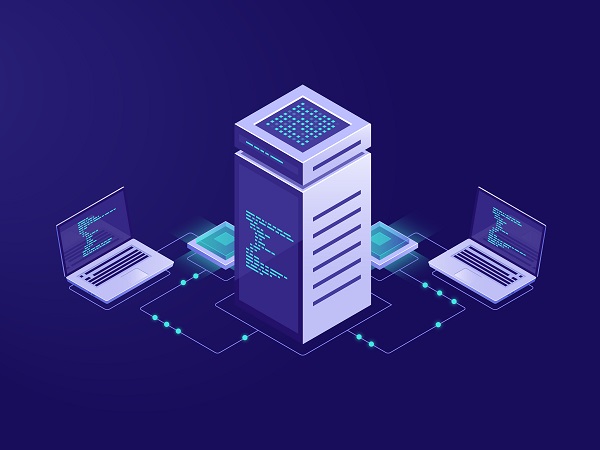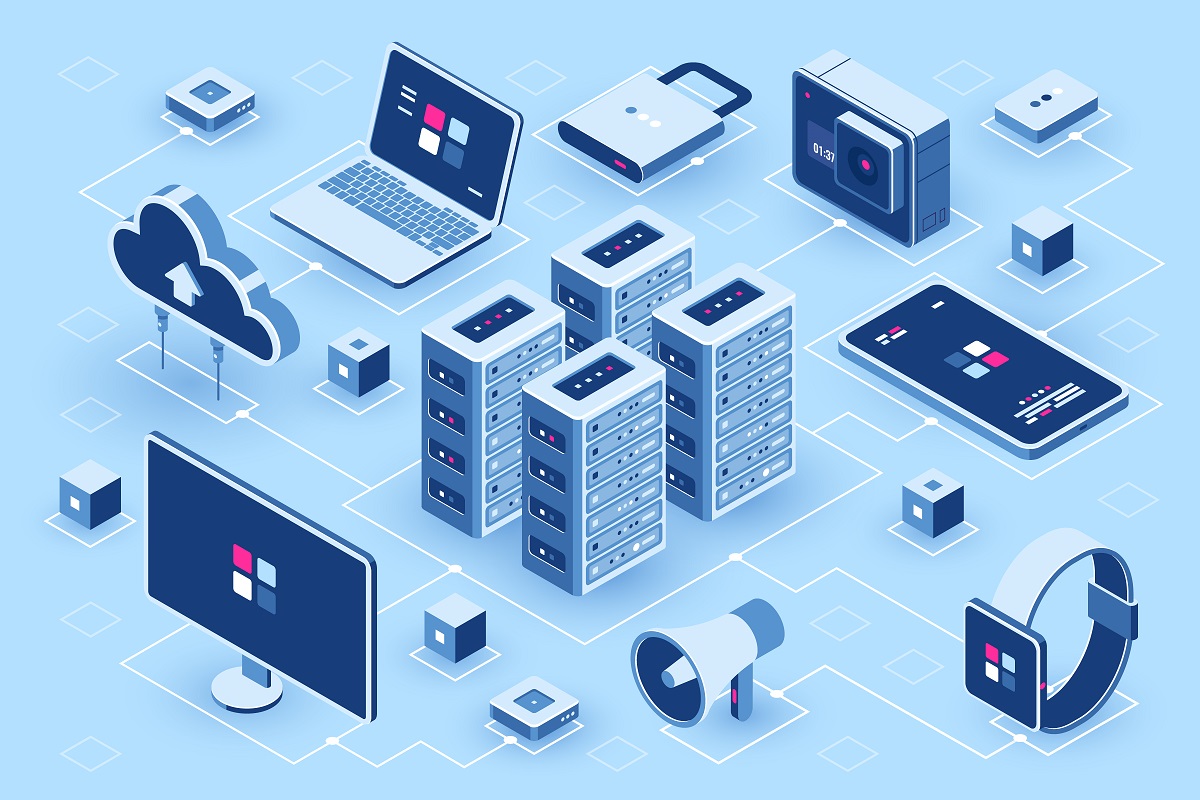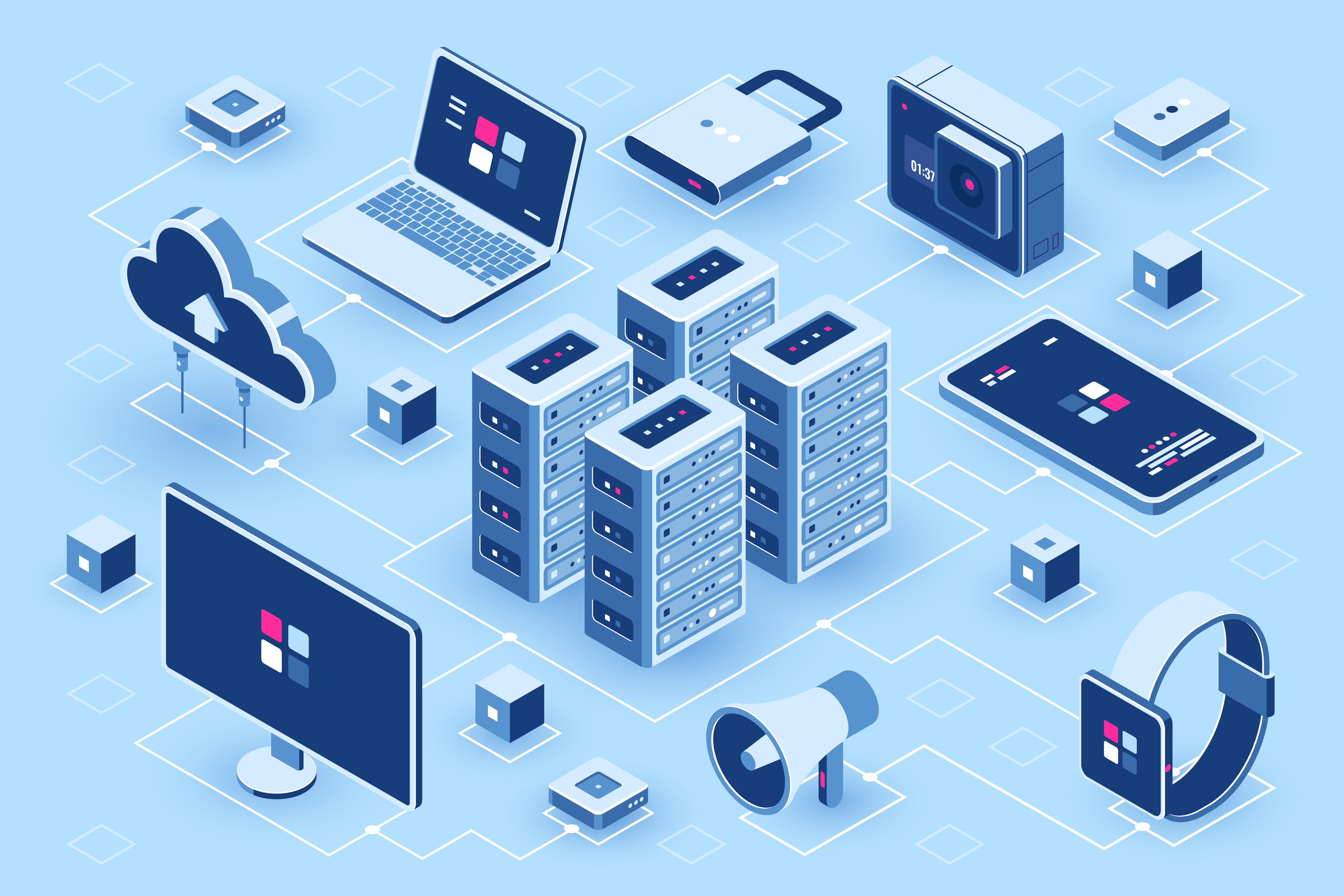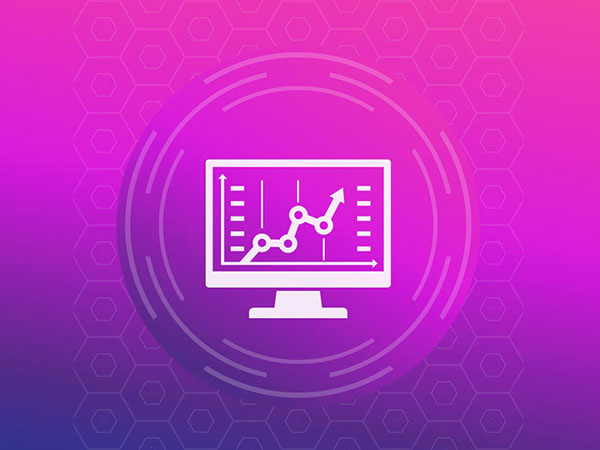*1 This is more inline with dealing with setting up large-scale data engineering platforms and integrating various technologies together.
*2 These data scientists typically build the algorithm and productionize it through the data engineering infrastructure. E.g. They would build the recommendation system algorithm and productionize the recommendation system live on the platform.
Different data science roles will have vastly different expectations on different skillsets. While a data engineer might not be expected to have many business presentation skills, they are expected to dominate all types of programming challenges. Conversely, a data analyst will lean more on their SQL skills and not be exposed to heavy technical problems, but they will be expected to be top-notch presenters.
This table implies the industry demand and difficulty of the positions from top to bottom, with Product Data Scientists being the most in-demand for their specialized, difficult to acquire skills.
Know what role you’re applying for. Seek to scout out exactly what needs a company is looking for and what role they are trying to fit you in; it will help you navigate and predict their data science interview process.
Here’s a high-level overview of the specific roles:
Product Data Scientist: End to end data scientist with data engineering skills. Product data scientists lead teams to build a data product. They tweak algorithms and have a strong say in how the data is served to end users. They will often have the engineering ability to deliver on those ideas.
Data Scientist: The unicorn mix of technical skills, business skills, and mathematical knowledge. A data scientist understands how to create and optimize data algorithms, and how to explain their findings. They may need to know less programming than their data engineer peers, but they’ll nevertheless need to understand enough to deal with data at scale.
Business Intelligence Data Scientists: Business Intelligence Data Scientists are focused on getting business insights out of data. They will understand enough about statistical methods and different machine learning algorithms to differentiate themselves from data analysts. They build dashboards and complete various analytical studies to help the various teams make better decisions.
Data Engineering: A data engineer isn’t often counted on to have advanced knowledge of the statistics and mathematics, but they will have to ace every technical challenge out there to prove they can deal with implementing algorithms on massive amounts of data.
Data Analyst: An entry-level role that relies heavily on making one-off reports by looking through data and interpreting the results. This role typically requires a strong knowledge of SQL and Excel.
This article is an excerpt of Springboard’s data science interview guide.
